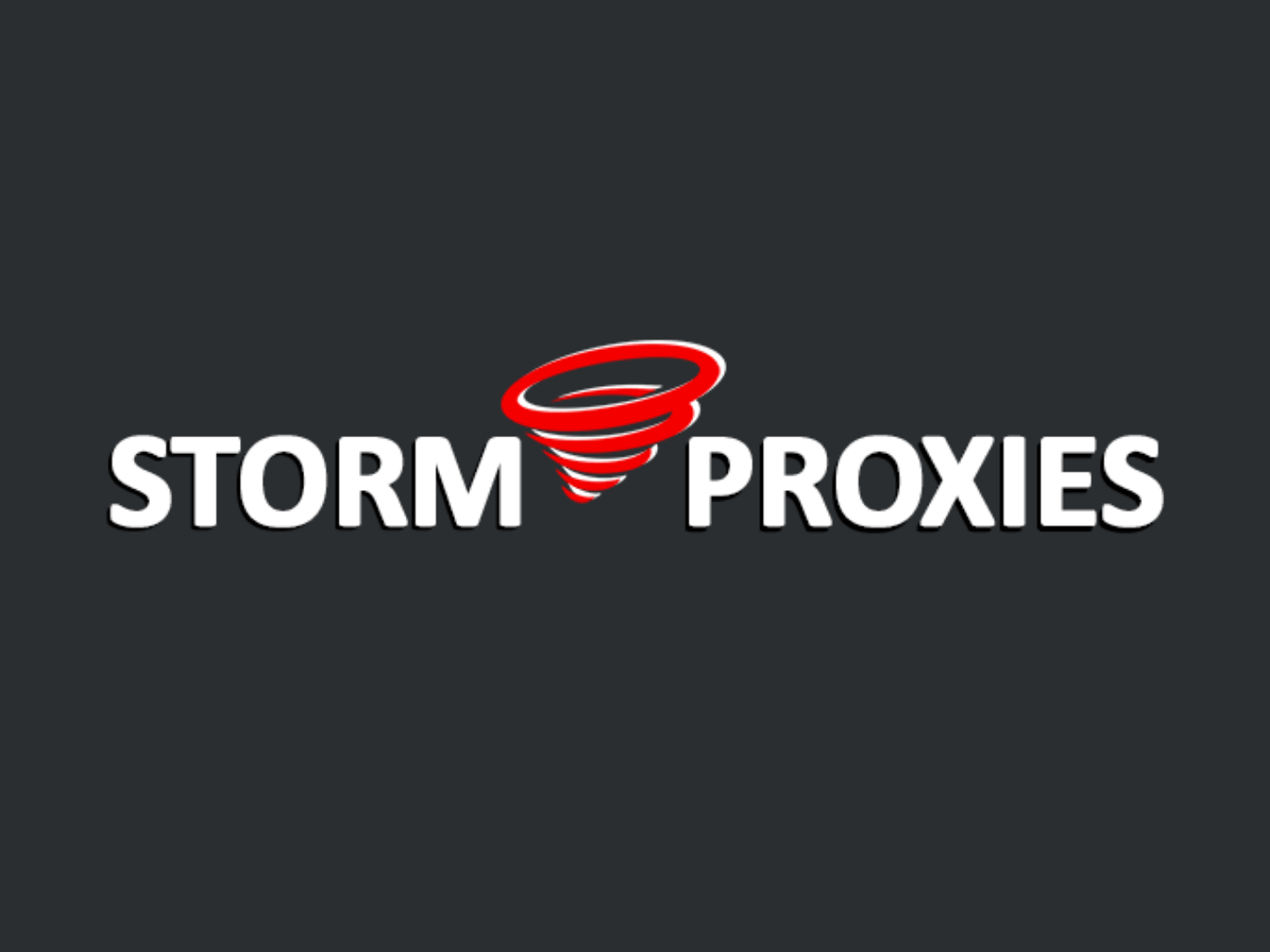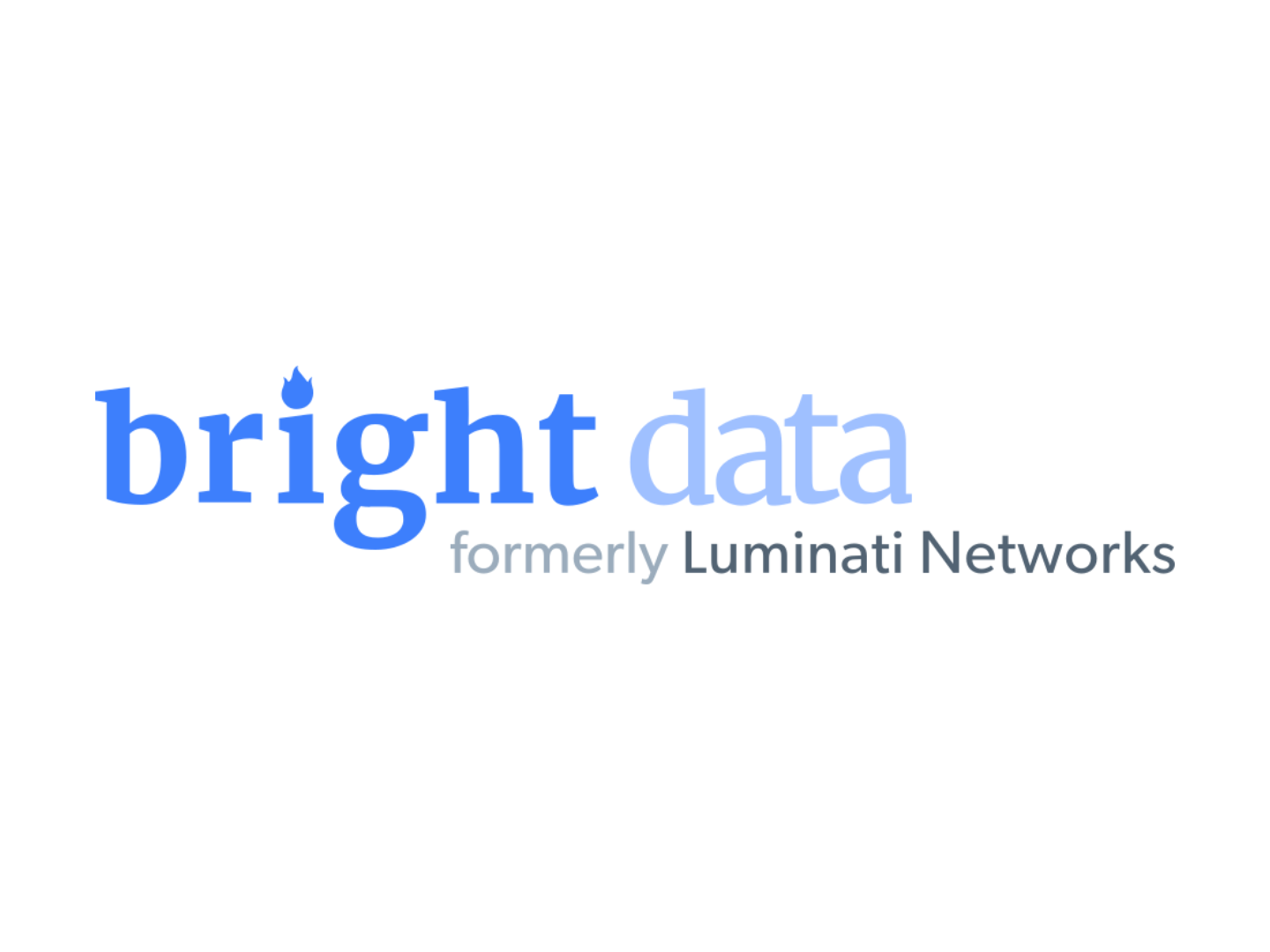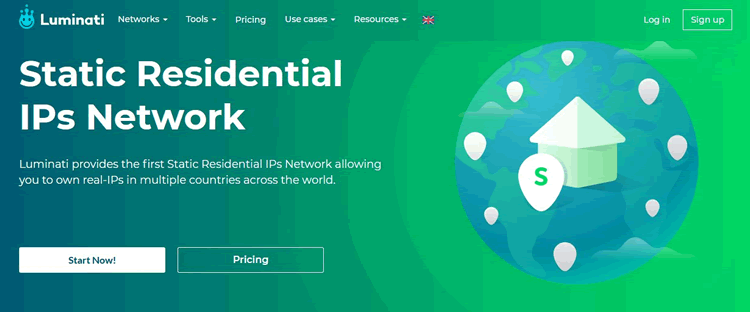*This website contains affiliate links. If you click on these and make a purchase, we will receive a small percentage of the sale.
You’ve likely heard of residential proxies, but probably don’t know much about them. You may need them and not even know it!
Residential proxies are one of the most in-demand proxy services today.
Keep reading, as we’ll discuss what residential proxies are and what they’re used for, as well as how they compare to datacenter proxies.
What are Residential Proxies?
To answer this question, we’ll first have to learn what proxies are in general. A proxy server is a computer server that acts as an intermediary between the Internet and its[proxy] users by forwarding their web requests. Its main purpose is to enable data exchange and mask its users real IP and location.
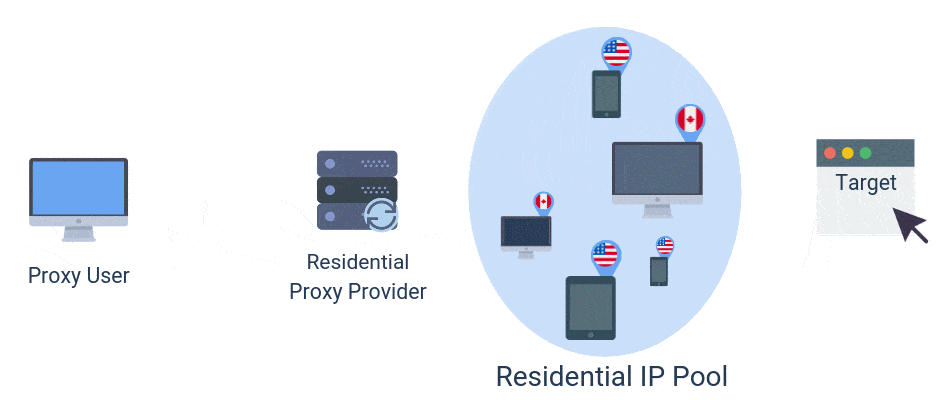
A residential (rotating) proxy is an IP address that is attached to a certain location, just like any other type of IP address. However, using residential proxies enables you to be anonymous on the Internet and hide our location, by masking your web requests behind another Internet user’s IP address (residential proxies use other normal Internet user’s connections to forward your requests to websites). They hide your IP address and rotate it (on every request or every few minutes) with a new one (another residential IP). This IP address then changes with every request that you make.
You can consider your home Internet connection as a residential proxy from your ISP (Internet Service Provider). By that, we mean that if using a certain tool (or tools) you can “rent” or “borrow” your home Internet connection’s IP as a residential proxy – that others can use.
For example, if you are using now (or previously used) Hola VPN (the free VPN app) you have rented your real IP address to be used by the Luminati rotating residential proxies service – and through your Internet connection and VPN use, besides your traffic, you have forwarded other users’ traffic too. Because this is how residential proxy providers get their IP inventory – they develop a network of devices connected to a service (app or VPN) and besides your real traffic, they also forward their residential proxy users’ traffic.
In fact, plenty of people use it, either for their personal or professional purposes. That’s why real residential proxies are more expensive. But surely, you will be able to find some cheap residential proxies that are actually good.
UPDATE: Static and (or) rotating residential proxies
Luminati is the only residential provider that developed static residential proxies.
This means that now you can have static residential proxies at your disposal at any given time. So you don’t have to worry about blocked IPs and slow connection (that happens when your residential proxies rotate into a slow IP).
But this doesn’t mean this is the ultimate service and that you should buy into it.
Actually, your project’s requirements should dictate if you should buy rotating residential proxies or static ones.
Because if you need a large IP pool (quantity or quality) as in the case of scraping and data mining projects, then you should go for rotating IPs.
On the other hand, if you need several clean-history IPs (quality over quantity), then you should consider static ones.
Can I buy a single residential proxy?
It doesn’t mean this. Luminati’s pricing of static residential proxies is similar to their other residential proxies. They bill your usage, not the actual number of IPs.
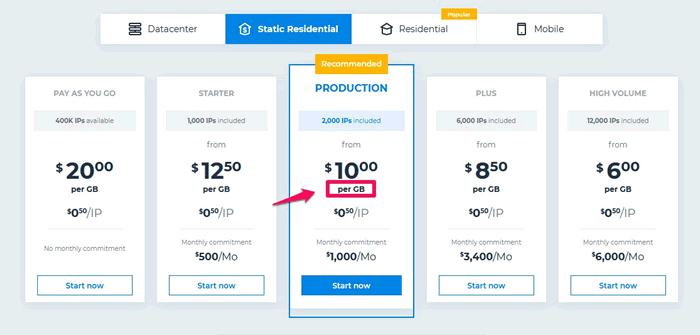
5 Key Features of Residential (Rotating) IPs
Why are these rotating residential proxies so essential?
Well, the reasons are various. But here are the five main features that make them so. You should consider them if you want to buy residential proxies.
- Their IP rotates with every request
Unlike a dedicated IP address, residential proxy networks can’t rely on a particular IP address. Hence, they change your IP for every request or every few minutes so you can always use available IPs (from network peers that are online at that particular time). This is an excellent advantage if you need a large volume or IPs (for scraping or data mining); however, this can be a disadvantage if you need to tie your online activity and accounts’ to a fixed IP. - They make browser fingerprinting difficult
Unlike datacenter proxies, residential rotating proxies hide your IP and make your location invisible to others by replacing your IP address for a short period with another real user connection IP. When you’re using this proxy, nobody can trace anything back directly to you. In other words, residential proxies allow users to retain anonymity while you can scrape data from the Internet freely. - They prevent single-IP blacklisting
Some websites tend to block their content for some users by blocking their IP address to accessing web resources. However, if you buy residential proxy packages, you have nothing to worry about. Residential proxies are deemed safe because your IP changes either with every request or at every few minutes, so their access is usually granted on even the most rigorous websites (provided the rotating IP address assigned for a particular request is not blacklisted by the website). - They’re expensive but valuable (in certain situations)
As we mentioned previously, their price is not something to look forward. Most residential proxies are very expensive. Still, it’s better to invest in a couple of legitimate residential proxies than paying the same money to have a large number of datacenter proxies spoofed as real user’s IP (that what scam residential providers do). - You can choose a particular location for IP rotation
Due to their rotating setup, you don’t have to ability to choose the exact IP address of a proxy location(as in the case of data center private proxies). The most that you can do is to select a “sticky entry point” which will try to hold the same city for up to a few minutes. You won’t use the same IP, but your requests will look as originating from the same city/state.
Long story short — residential proxies are a useful thing to have. Not only do they allow you to access virtually any website you like, but they also keep you protected for single-IP bans.
The Difference Between the Datacenter and Residential Proxies
Datacenter and rotating residential proxies are essentially doing the same thing — they both enable users to hide their IP address. Be that as it may, there is a major difference between how they manage it.
First of all, although datacenter proxies are more popular, residential proxies are generally newer, but not necessarily better. Datacenter proxies are cheaper and more accessible to the general public.
Both of these proxy types will hide your PC or server’s IP address successfully. However, with a residential proxy, your IP used to connect to the Internet will be changed with every request or every few minutes. Whereas a data center (private) proxy will always connect you to the Internet through the same IP address (the server’s IP).
The main take here is that a residential proxy provider gets its IPs from a network of users and a data center private proxy provider gets its IPs from static proxy servers (that are always connected to the Internet).
Why residential proxies change IP so often?
This is also their major flaw. As mentioned above, a provider offering residential IPs doesn’t have static IPs in designated server centers. Instead, he relies on a network of Internet users that use a certain app (VPN or mobile game app). So an IP in a residential proxy network is available “online” to be used by the network as long as the originating user has the app active on his device.
Getting back to Luminati and Hola VPN, an individual residential IP address is available in the Luminati proxy network as long as the Hola VPN user uses the VPN and is connected to the Internet. In which case, as long as his device and Internet connection is on, his IP will be used in the proxy network to forward requests for proxy clients.
That particular IP shuts off when the Hola VPN user either disconnects the VPN app or turns off his Internet connection.
Thus, residential proxy providers, because they can’t rely on any individual IP, have to rotate their proxy user’s requests through the available IP address available in their network at that given time.
So, which one is better?
Obviously, there is no winner here – it all depends on what you want to di with your proxies. The advantages datacenter proxies have over residential ones are lower costs and fixed, static IP that you can use reliably for extended periods of time.
In case you just want to hide your IP address on certain websites where you need to login accounts and IP detection or IP location is important, then you can go with datacenter proxies. But if you want to reach a specific website with a random connection or if you need multiple IP addresses, we suggest you go with residential ones. They’re not always that expensive.
How to Use or Buy Residential Proxies
There are two different ways you can set up a residential proxy — by buying from a provider or creating your own residential IP.
- Buying from a provider. Although there are some services that claim to have free or extremely cheap residential proxies, it’s better to choose a more trusting service. It will be more expensive, but a least you’ll know what you’re getting yourself into. If you sign with an untrustworthy provider, you run the risk of being exposed or blocked by some websites or simply receive data center proxies with spoofed headers to make you think you bought residential ones, which is the opposite of what you want. Select a reliable provider and you’ll be safe. Proxy providers usually offer you multiple packages that you can choose from, all of which have different pricing.
- Creating your own residential IP. You can actually build your own proxy network at home. It is a complicated process, but it’s not impossible. Moreover, this is not a financially-wise choice.
Stats on Proxies with Residential IPs
Residential proxies have become insanely popular, and they’re rising in popularity every day. The leading proxy network right now is Luminati, with over 37 million IP addresses. The runners-up are the Oxylabs with more than 10 million and Smartproxy with 5 million.
The average pricing of the residential proxy servers is around $200, but it depends on the amount of GB you want to acquire. The most expensive proxy packages come from Luminati. Their starting price is $500 a month, which may be too much for individual Internet users. If you’re one of those, consider choosing some cheap residential proxies.
Residential rotating proxies ensure that your IP address changes as often as it can. Most providers, including Smartproxy, will change your address every 5 minutes or so.
FAQ for Residential proxies
- Are rotating residential proxies good for Instagram management?
It depends on what you are trying to do. In general, residential proxies work with Instagram, social media or sneaker selling websites (for which some providers started offering residential sneaker proxies), but unlike dedicated Instagram proxies, they are not guaranteed to work 100% of the time. And as residential packages rotate their IPs constantly, you will always face the risk of being assigned an IP address blocked by Instagram, which can lead to connection issues. - Are residential IPs cost-effective compared to DataCenter IPs?
They are if you need a large number of IPs for your project, for example, a few hundreds or thousands of different IP address that are not necessarily allocated from a particular city or location with cost more than $1000 for datacenter proxies. While with residential networks, you get access to millions of IPs for as little as $200. - How are residential proxy networks created?
Residential proxy providers get their IP inventory by offering free apps or buying app traffic from developers. So, when an app user installs and uses a particular app (that is used by the residential provider to build his inventory and forward proxy traffic through it) his IP is added to the proxy network to be used to forward requests. - Where can I get residential proxies with a free trial?
Most services offer either residential proxies with a free trial, such as Luminati, or a money-back guarantee, such as Smartproxy or Storm Proxies.The only difference between the two options is that with a free trial you can test your proxies before buying them. On the other hand, for a money-back guarantee, first, you buy your proxies, then, if you’re not satisfied, you can ask for a full refund.


